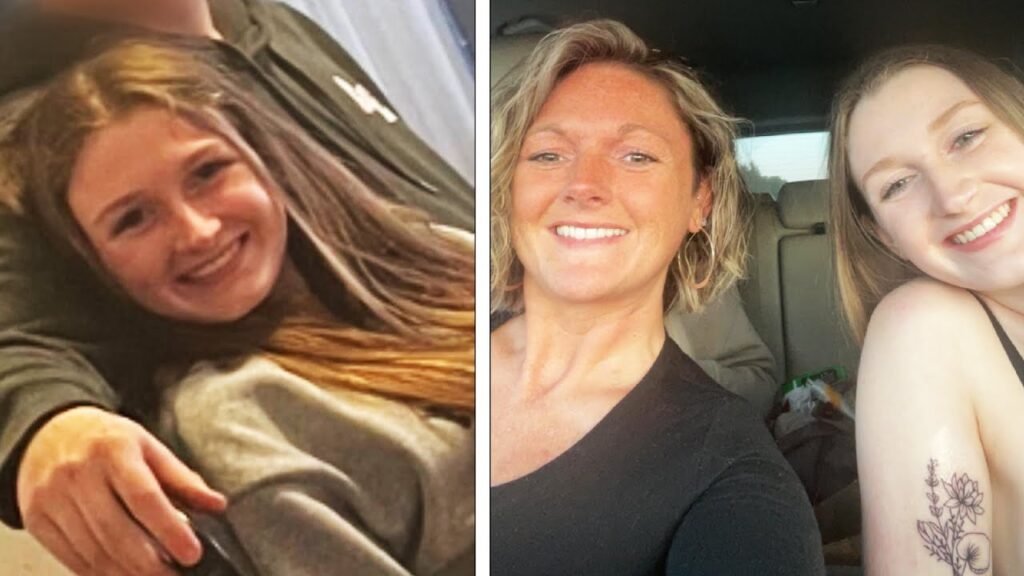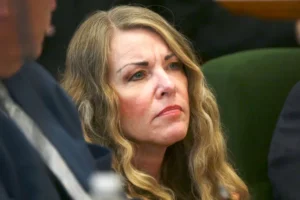Mom Loses Daughter to Domestic Violence: ‘It Broke Me’

A mother’s life was shattered when her beloved daughter fell victim to a brutal domestic violence attack. The pain has left her grappling with loss—and with doubts about whether the justice system truly protects women in danger.

In March 2022, 21-year‑old Mackenzie Anderson of Newcastle, Australia, was stabbed 78 times by her ex-boyfriend, Tyrone Thompson. Thompson had a documented history of domestic abuse against Anderson and had previously violated a restraining order. Despite ongoing fear and pleas for help from Anderson and those close to her, little was done to prevent the tragedy.
Her mother, Tabitha Acret, described Mackenzie’s existence as one of constant fear—with “fear no human should ever know.” In court testimony, Acret’s grief was raw and public, drawing attention to the systemic failure that led to her daughter’s death.
Tabitha Acret told ABC News she sees “major failures” in the judicial and law enforcement systems, lamenting that despite restraining orders and past offenses, her daughter was not adequately protected.
This mirrors frustration felt by many surviving parents. In the U.S., a similar case out of Wyoming highlights that repeated police calls can still result in insufficient action, leaving victims vulnerable. One survivor recounted that despite nearly daily beatings, authorities often made only token responses.
The loss is not just emotional—it’s existential. Debbie, a mother from the U.S. whose daughter Crystal was killed by her husband, reflected on family milestones that now arrive empty. She said:
“I don’t have a daughter to go away with… Holidays are difficult without Crystal… It’s painful to know state law doesn’t offer much more protection than it did 10 years ago.”
For mothers like Acret and Debbie, the void is unfillable—and the fear is that justice alone isn’t enough to prevent such losses from recurring.
Tabitha Acret and others are urging for comprehensive reform:
- Stricter enforcement of protection orders.
- Better tracking of domestic abuse histories.
- Enhanced support services for at-risk victims and their families.
- Prioritizing mental health and domestic violence training within police forces and judicial systems.
Survivors and advocates argue the message is clear: threats must lead to action before it’s too late.
Organizations like “Break the Silence on Domestic Violence” emphasize the crucial role of community support:
- Shared grief circles, allowing mothers to tell their stories and honor lost children.
- Professional counseling tailored to domestic violence trauma.
- Peer networks, which can help with legal navigation and emotional resilience.
Tabitha Acret famously reminded:
“Major failures in the judicial system contributed to the fatal stabbing of my daughter.”
Her story is a heartbreaking echo of mothers worldwide—mothers whose pleas for protection went unanswered until it was tragically too late. Their advocacy now stands as a powerful call to overhaul systems, ensure accountability, and protect lives before they’re lost.





